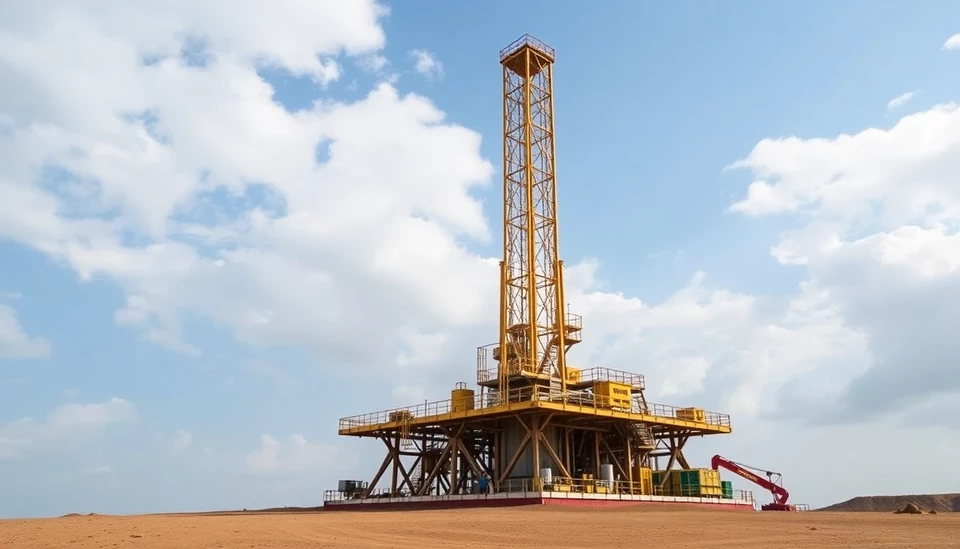
In a decisive move aimed at controlling the soaring inflation that has plagued its economy, the Central Bank of Angola announced that it will keep its benchmark interest rate unchanged at 19.5%. This decision comes as authorities grapple with a rapidly changing economic landscape, characterized by persistent price hikes and increasing cost of living for citizens.
As inflation continues to soar, reaching record levels, the Central Bank’s monetary policy remains focused on stabilizing the economy. Recent reports show that inflation in Angola has surged, driven by factors such as food scarcity, fuel prices, and external economic pressures. By maintaining the current interest rate, the Bank aims to contain inflation while fostering an environment conducive for investment and economic growth.
The choice to hold the key rate steady comes amid a backdrop of intense economic challenges, including the ongoing repercussions of global supply chain disruptions and domestic fiscal issues. Analysts contend that while the high interest rate serves as a tool to restrain inflation, it may simultaneously stifle economic growth, particularly in a country still recovering from the effects of the pandemic.
The Angolan currency, the kwanza, has experienced significant volatility against major currencies, complicating the government’s efforts to stabilize the economy. A stable interest rate is seen as crucial in managing inflation expectations among consumers and businesses alike.
Officials from the Central Bank of Angola indicated that they will continue to monitor economic trends closely and remain prepared to adjust their policies if inflationary pressures worsen. As the government implements strategies to boost agricultural production and reduce dependency on imports, the emphasis remains on achieving a more balanced economic framework.
In an effort to address the concerns surrounding the high cost of living, the government has expressed intentions to enhance social programs targeting vulnerable populations. These initiatives aim to cushion the impact of rising prices on everyday Angolans, thereby addressing immediate socio-economic challenges while striving for long-term stability.
Market analysts are keeping a close eye on the Central Bank's future moves, as the balance between controlling inflation and promoting economic growth presents a formidable challenge. The coming months will be critical for Angola, as policymakers work to navigate these complex dynamics and restore confidence among investors and consumers.
With regional economies facing similar issues, Angola's approach will serve as a potential case study for neighboring countries grappling with high inflation and economic uncertainty. As nations develop their strategies to combat economic adversity, the response from Angola could offer valuable insights into effective monetary policy measures.
In summary, the decision to keep the key interest rate at 19.5% underscores the Central Bank of Angola's commitment to tackling elevated inflation while attempting to pave the way for future economic recovery. With various domestic and international pressures at play, the path ahead remains uncertain, and close scrutiny of policy effectiveness will be essential in the months to come.
#Angola #CentralBank #InterestRates #Inflation #Economy #Kwanza #EconomicStability #MonetaryPolicy #Investment #CostOfLiving
Author: Laura Mitchell




